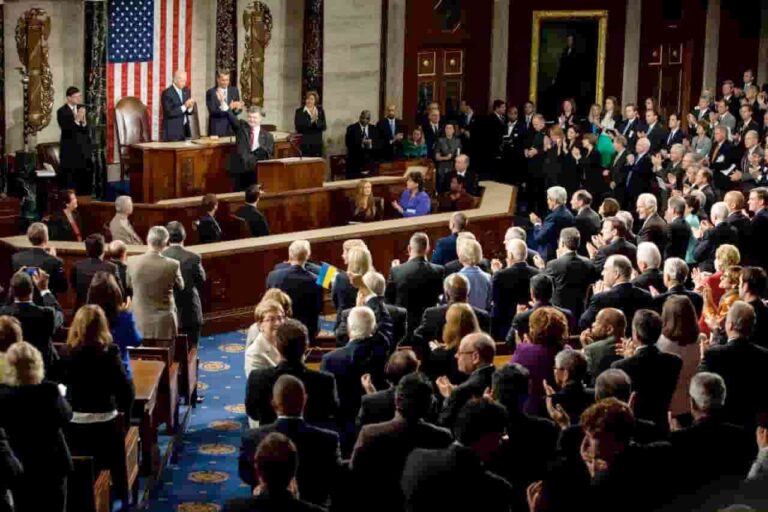
Stock trading controversies among U.S. lawmakers are not new, but the recent exit of Senator Markwayne Mullin from multiple high-profile investments is reigniting debates about potential conflicts of interest in Congress. The Oklahoma senator’s latest financial disclosures reveal he sold his entire position in Berkshire Hathaway (NYSE: BRK.B), alongside other market giants like Chipotle Mexican Grill, T-Mobile, and Fiserv.
Why the Berkshire Hathaway Exit Stands Out
Markwayne Mullin’s decision to fully divest from Warren Buffett’s Berkshire Hathaway is notable, particularly given the recent challenges faced by the conglomerate. Reports suggest that shareholder sentiment has declined due to persistent underwriting losses, currency exchange hits, and the lack of significant buybacks, leaving Berkshire with a massive, yet underutilized, cash reserve.
Yet, timing matters. Since Mullin’s sale on November 3, the stock has surged 9.52%, outpacing broader market trends. Whether this was a misstep or a calculated move continues to be a hot topic among both retail investors and regulatory watchdogs.
A History of Controversy
Critics aren’t merely concerned about returns. Mullin’s trading activities have drawn scrutiny in the past for their potential links to privileged information. Whether he has benefited from congressional insider knowledge remains a point of debate. This pattern – including trades in local municipal bonds and now high-profile equities – has called attention to long-standing murkiness in how elected officials manage their investments.
What’s in the Senator’s Portfolio Now?
Interestingly, Mullin’s sole purchase on November 3 was a hefty investment in Microsoft stock, worth between $250,000 and $500,000. While the tech giant has dipped 5.13% since his trade, its long-term growth potential remains promising amid increasing investment in AI and cloud-based solutions.
If you’re an investor inspired by Microsoft’s ongoing developments, consider the Microsoft 365 suite to enhance your personal or business productivity while staying updated with the latest from the company. Explore more about it here.
The Bigger Picture: Ethical Implications
The senator’s dealings shed light on a broader issue concerning public accountability. While insider trading laws prohibit leveraging non-public information for financial gain, loopholes and delayed disclosures by lawmakers muddle the lines between ethical and questionable trading practices. Experts continue to call for stronger regulations on congressional investments to rebuild public trust.
Final Thoughts
As investors and citizens alike monitor these high-profile trades, the actions of lawmakers like Mullin offer critical lessons on timing, market volatility, and ethical practices. The spotlight on transparency in investment practices grows brighter with each new controversial transaction.



